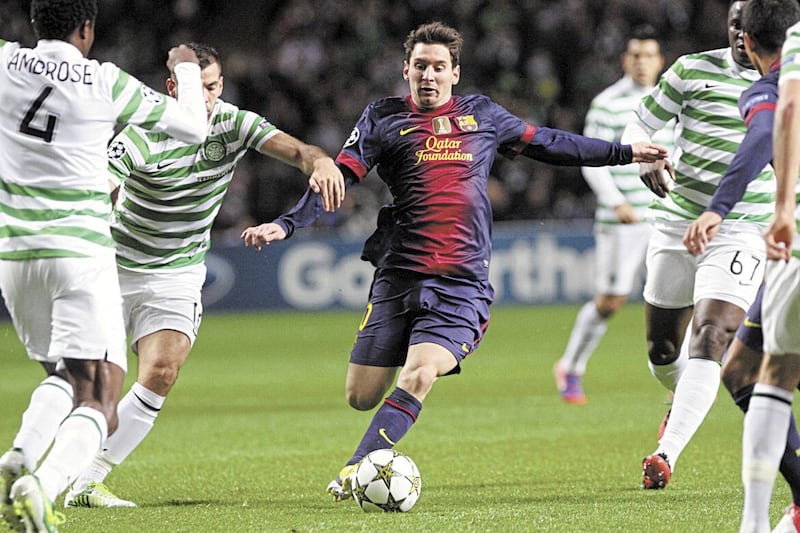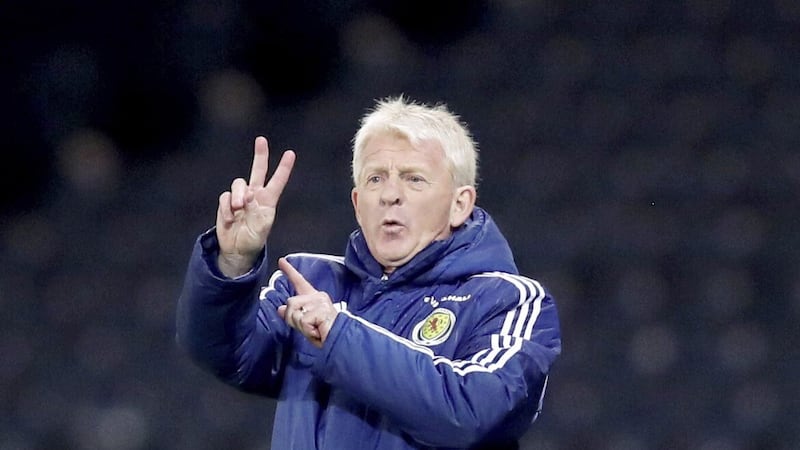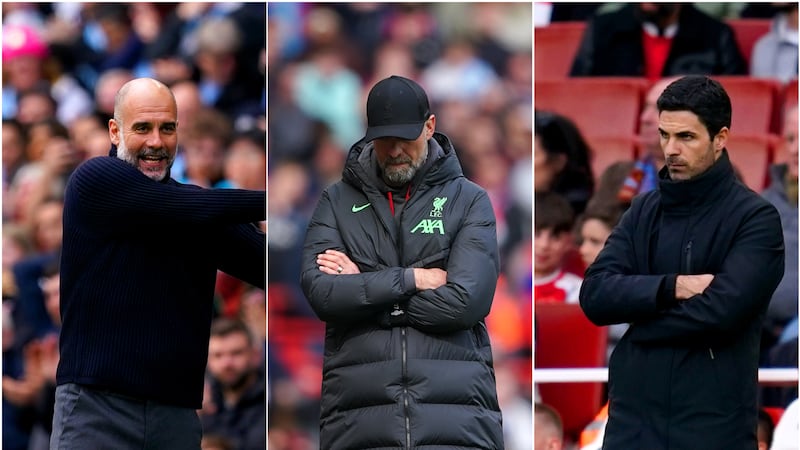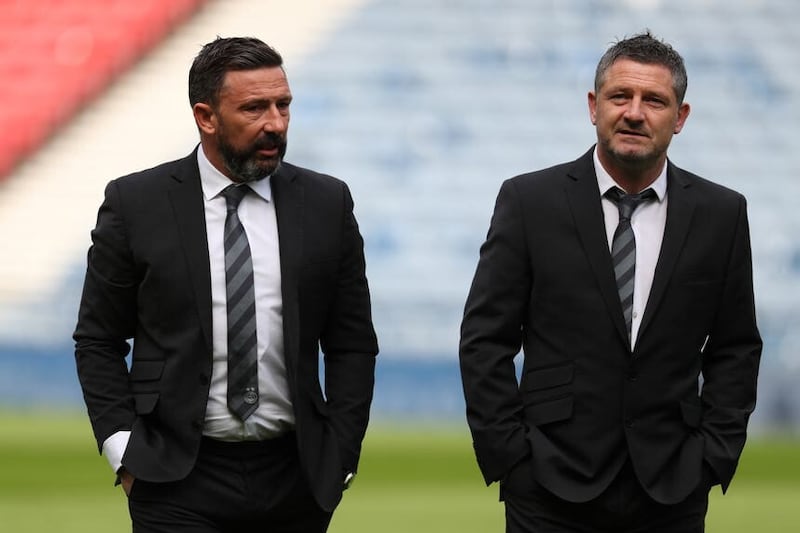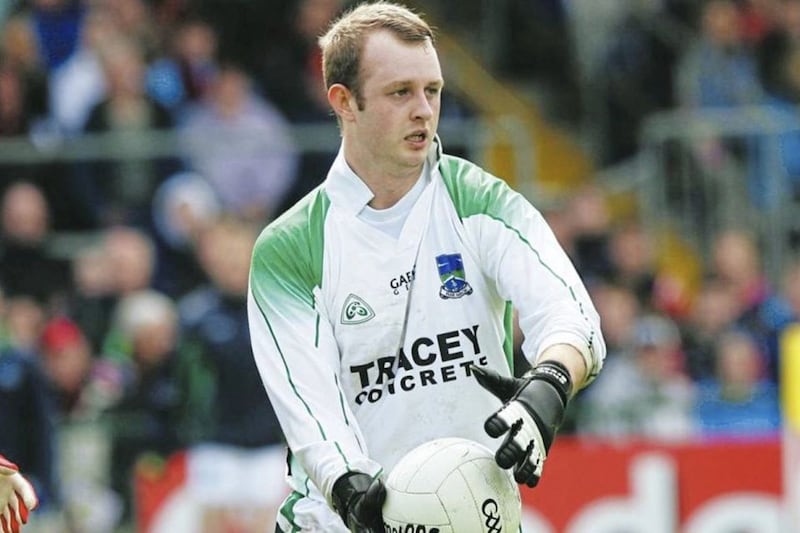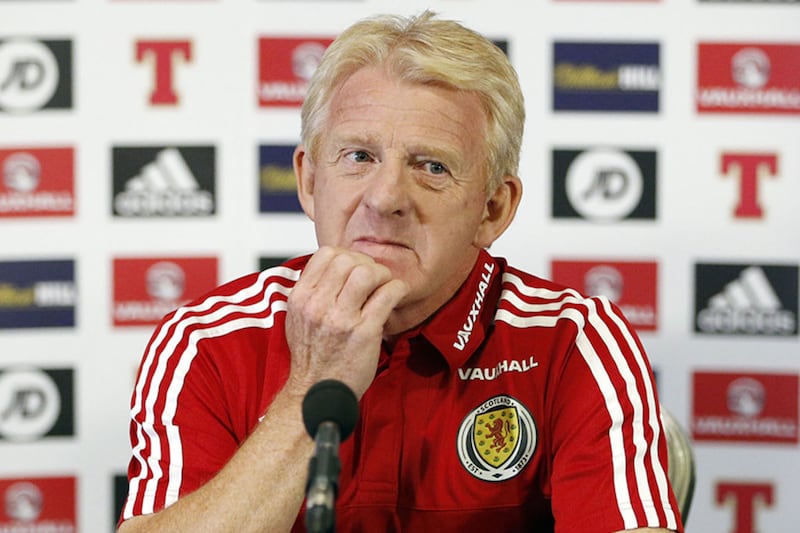At a boylesports.com event, former Celtic and Scotland manager Gordon Strachan spoke to Brendan Crossan about Lionel Messi, Celtic and Ange Postecoglou, how the modern game is much better than his playing era and the immense pride he feels helping young people through his foundation work...
Brendan Crossan: Where would a Gordon Strachan type player fit into the modern game?
Gordon Strachan: I think it’s a lot easier now. If you look at that Manchester United side I played in, the talent was unbelievable. [Norman] Whiteside, [Paul] McGrath, [Bryan] Robson, [Frank] Stapleton – they would all get in the current side just now.
And they were surrounded by smaller players like myself, Jesper Olsen, Remi Moses, who could look after himself, and Arthur Albiston.
But we used to play up to our necks in mud, we played against Wimbledon where there were no rules, the ball just got hit from one end of the pitch to the other. Now and then players like myself would be left out of the team because some of our opponents were just ridiculous in the air.
I would love to play in the game now. Imagine being able to pass the ball without thinking: ‘I’m going to get kicked up in the air here.’ Now, the first tackle is a yellow card today. When I played, every player was allowed the first tackle and you could absolutely devastate somebody with a tackle.
If you were playing against Arsenal, [Lee] Dixon gets a kick at you, then [Steve] Bould has another one, then [Tony] Adams, then [Nigel] Winterburn and then [Ray] Parlour has a kick at you – so that’s five horrific tackles on you – but that was okay because the first tackle was free!
With the modern game and the pitches and the rules, they have created Messi, David Silva, Luka Modric and smaller players. The game is far better on the eye. For the diminutive player, it is far safer too.
BC: Is Messi the greatest player of all-time, or do these debates really matter?
GS: At 25, I thought Messi was the best player I’d ever seen. I was unfortunate enough to be the manager of Celtic when we were playing against him. I’ve seen most of the best players, close-up, whether playing against them or managing against them, but I think Messi has so many things going for him. I genuinely think every game he plays you see something where you say: ‘I’ve never seen that before’.
He’s a goal-scorer, but also when he plays midfield, he becomes the best midfield player. He makes jaws drop, not just by his goals, but the passes. We can see passes coming, we can see the picture, but he does things where you say: ‘Nope. I never saw that coming.’
For me, I didn’t think he had to win the World Cup to be the best player of all-time. I do think he is the best there’s ever been. But that’s not taking away from Pele or Maradona because they played at a time with all these tackles. You had to be a really, really brave person to play football in those days.
Nobody will ever come up with the definitive answer to this, it’s just what you see in a player. To me, even when Messi doesn’t score and his team scores, he’s always first over to celebrate with his team-mates and his smile is as big as if he’d scored the goal himself. I’m a huge fan.
BC: While managing your country, you were in the same Euro 2016 qualification group as the Republic of Ireland and Scotland were arguably a better team before you slipped up away to Georgia. Where does that disappointment of not qualifying rank in your career?
GS: It’s disappointing when you can’t make a nation happy. And that’s the good thing about Martin [O’Neill] – he made his nation happy [by qualifying] and went on to do very well in the finals. They gave Germany two good games in qualification. There were a lot of good things in that campaign. The game in Dublin [Ireland v Scotland] was a poor game, it was two poor teams playing that day, it was summer and that’s when you have tired players because they’ve played 50 or 60 games. When I look back at it, I think we did really well and Ireland did incredibly well when they got to the finals.
BC: How do you see Ange Postecoglou’s trajectory at Celtic?
GS: Well, he’s not a young man. It seems you have to be a young man to be a great coach but Ange is 57. He is blinkered insofar as he never listens to the noise. I met him and get on quite well with him. He just does what he wants to do. Losing Edouard, losing Ajer, losing Ntcham and these players, his philosophy was: ‘I’ve got players that want to play for Celtic.’ He wasn’t afraid of losing players.
There are players that maybe want to move on and the manager has said: ‘Okay, you don’t want to play for Celtic. Thousands want to play for Celtic, so it’s not a problem.’ And he deals with that.
He wants to play a certain way which makes training and coaching quite simple because the players know that’s the way they’re going to work. And then you’ve to go away and get the players to work in that system. He wanted wide men and the club backed him, he wanted full-backs to be able to go in the middle of the park [and play].
Maybe from the Lisbon Lions, I’ve never seen a Celtic team who are consistently exciting the way they play. I think if you looked at Martin’s team, they were a physical side, my team was a wee bit different, we were able to pass it better because the pitches got better. In those different periods, there were things that we loved seeing [in Celtic teams], but no team was as consistently exciting as the way this Celtic team are playing right now.
BC: During your career, where were you most happy?
GS: I kind of define my career on laughing! Since I was 15-years-old you were consistently laughing. We laughed every day.
There is something about laughing every day. At Celtic, I had Tommy Burns – the nicest man you’ll ever meet.
It could be the biggest crisis in the world and me and him would find something funny; even during a game when you think the game is lost and the world can’t get any worse and Tommy would say something and make it funny.
I’ve a special affinity to all the clubs I’ve been at. Celtic is different, when you get there, you become part of a community rather than a football club; people around the world are waiting for you to make them happy. Leeds were a big club. I was in that Aberdeen side with Sir Alex – think about it: there is no way I could have been unhappy anywhere. It was fantastic.
People tell me about getting the hair-dryer treatment from Alex Ferguson, and I got it regularly. But there are millions in the world who would love to have been in that dressing room and getting the hair-dryer treatment from him.
BC: Who was your best signing as a manager?
GS: There are quite a few: Robbie Keane at Coventry; Gary McAllister at Coventry, but value for money? It’s [Shunsuke] Nakamura at Celtic. There were so many things that he did right.
He played until he was 44. He set standards at Celtic Park. You could still tackle from behind then, but he could take the ball in… he would never pass the ball until he felt he was giving you the best pass you could possibly receive. He would do magnificent things.
Players would clap him at training. Whether we were playing Livingston, AC Milan or Man United, once the game finished at Celtic Park, Nakamura would change all his gear, put training gear on and go upstairs to the gym and work for 45 minutes on his legs and upper body – every game.
He was the last man out of the stadium, and that’s why he played until he was 44. If you asked him to play anywhere, no problem. So, for value for money, on and off the pitch, Nakamura was probably the best signing I made.
BC: What do you put your own longevity down to?
GS: I just loved the game. When I packed it in at Leeds I thought that was my body packing up. You have to be an influence and I thought mine was waning in the first team. But then I went to training with the reserves and I played with them against Halifax on a Tuesday night and I loved it, because I was an influence with young players like Ian Harte around me and it was great. So I realised I could play again and I played until I was 40 in the Premier League. It’s just the love of the game that keeps you going.
BC: How do you keep busy?
GS: I’ve a foundation [Strachan Football Foundation] that was set up about 12 years ago. Kids who leave school at 16 and don’t really know where to go but they wanted to be involved in football in some sort of capacity… and most of them are capable footballers.
We said we’d look for footballers who might’ve just passed through the net. It’s about making these young men more capable, more confident in themselves, [give them] more social skills… we’ve sent over 500 kids into employment, it’s a non-profit organisation and we enjoy it.
And about five months ago the owner of Dundee asked me if I could put an organisational plan in place for the club, which I’ve done and which I’m quite happy with, and making sure their football departments are running properly. So I’m enjoying life.
Visit https://www.boylesports.com/sports/football
